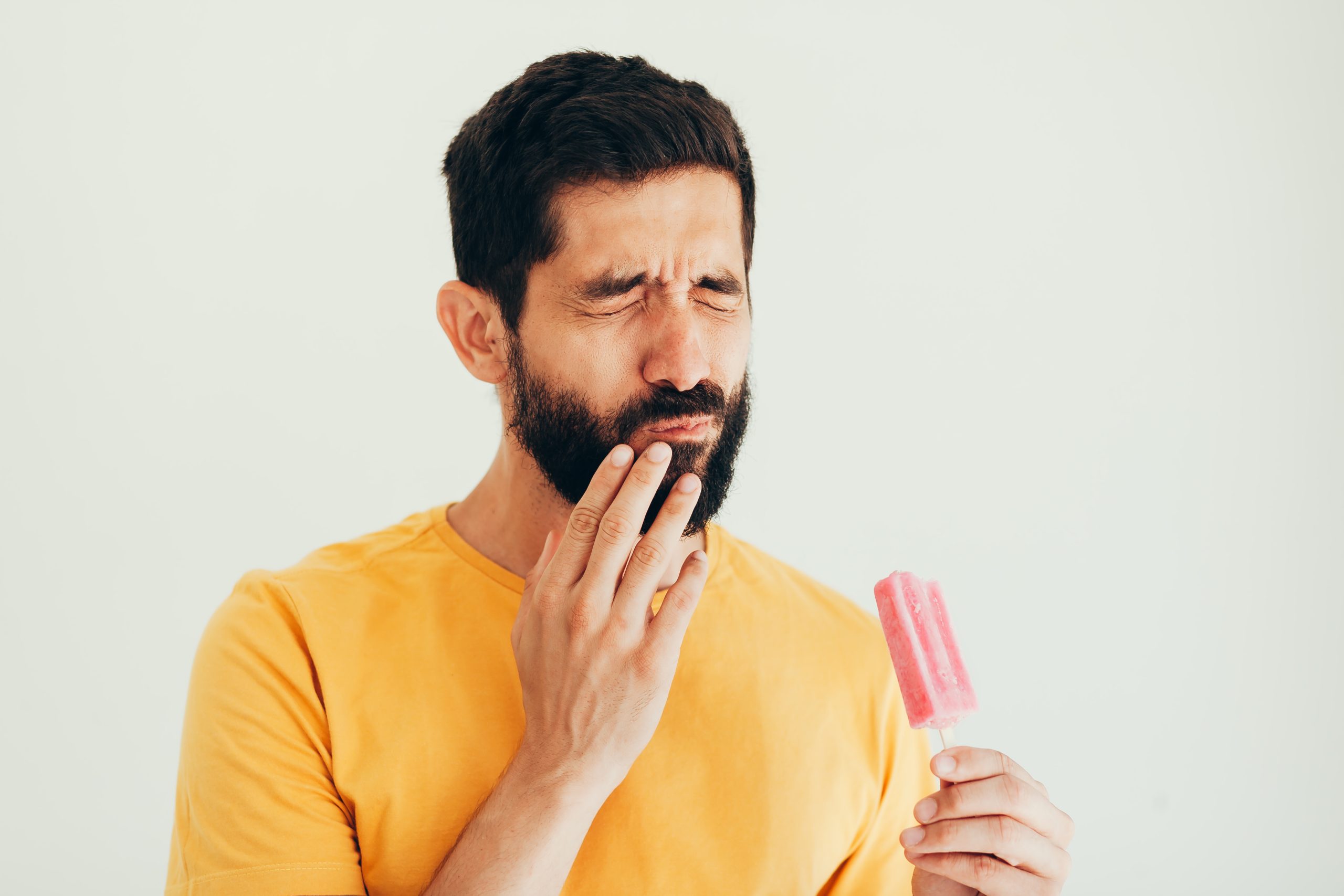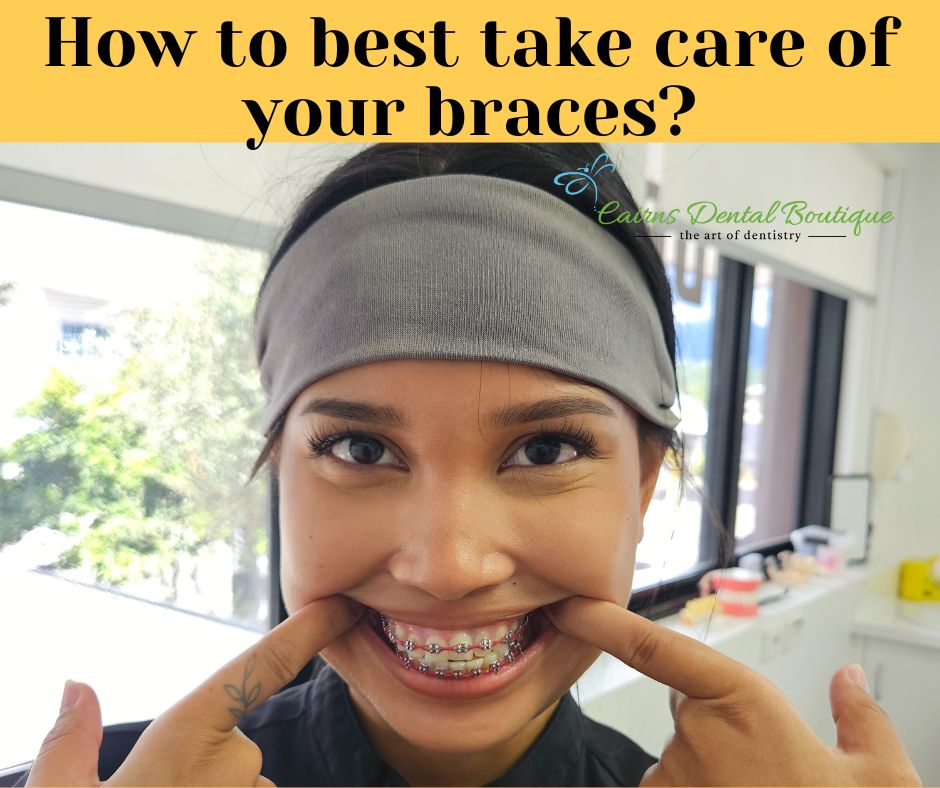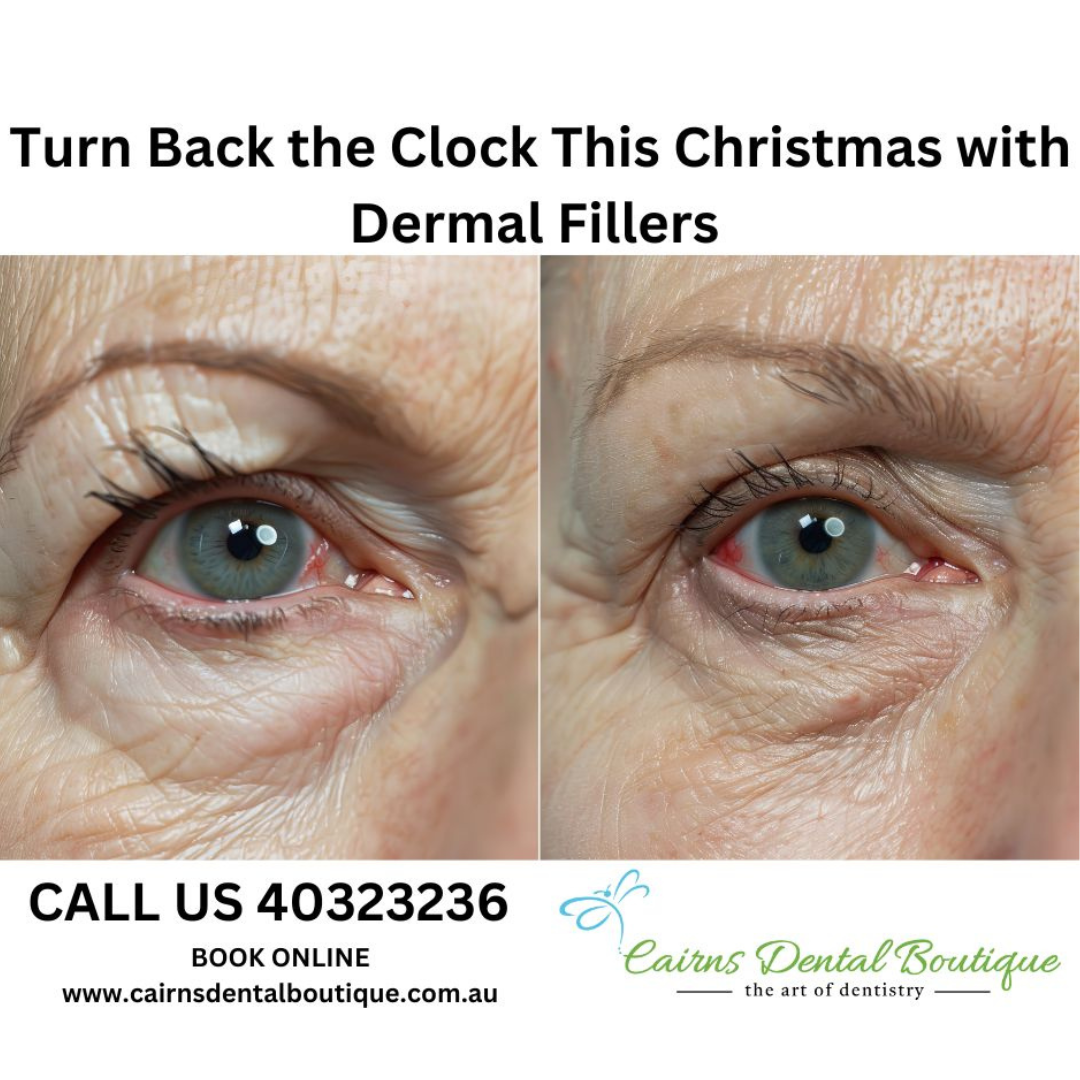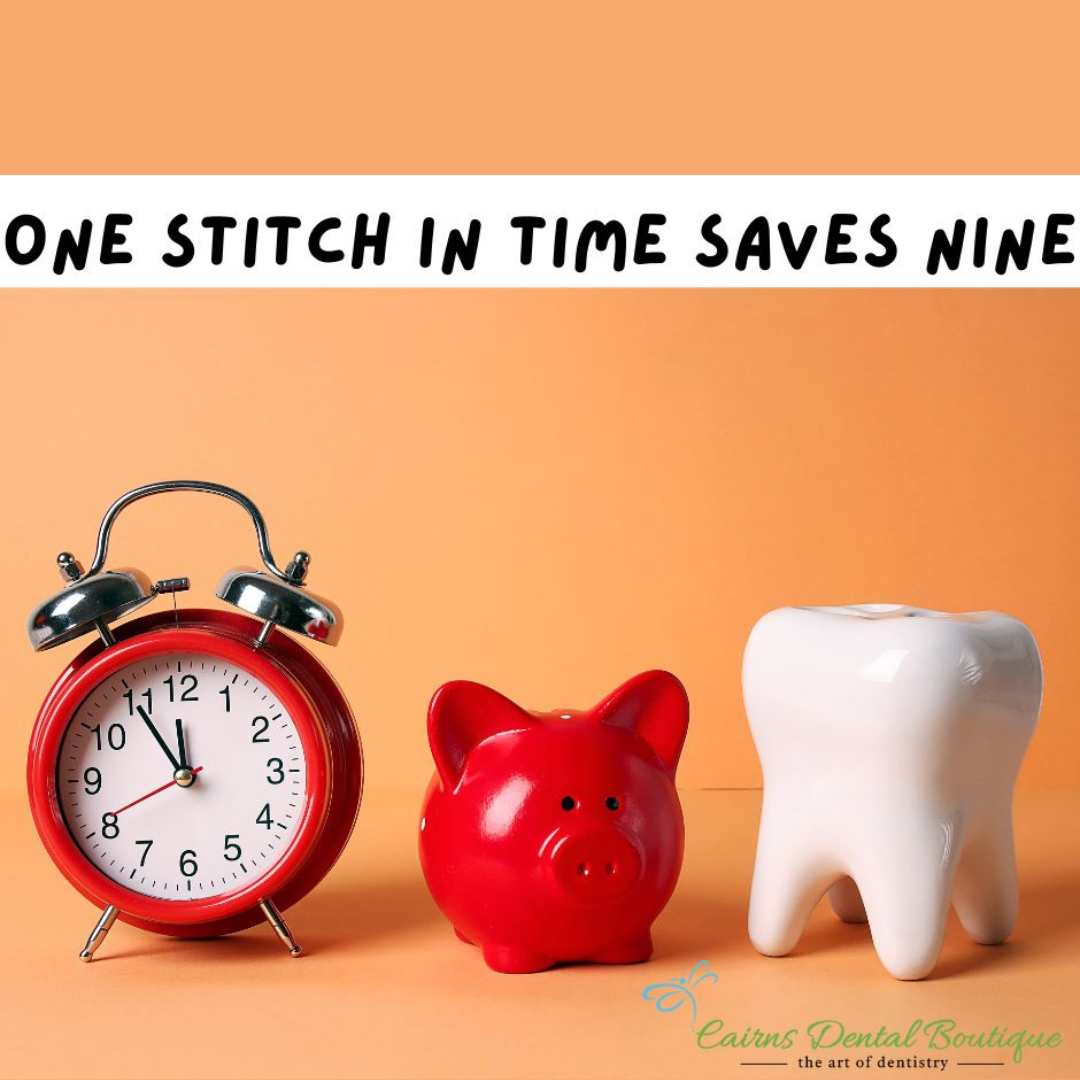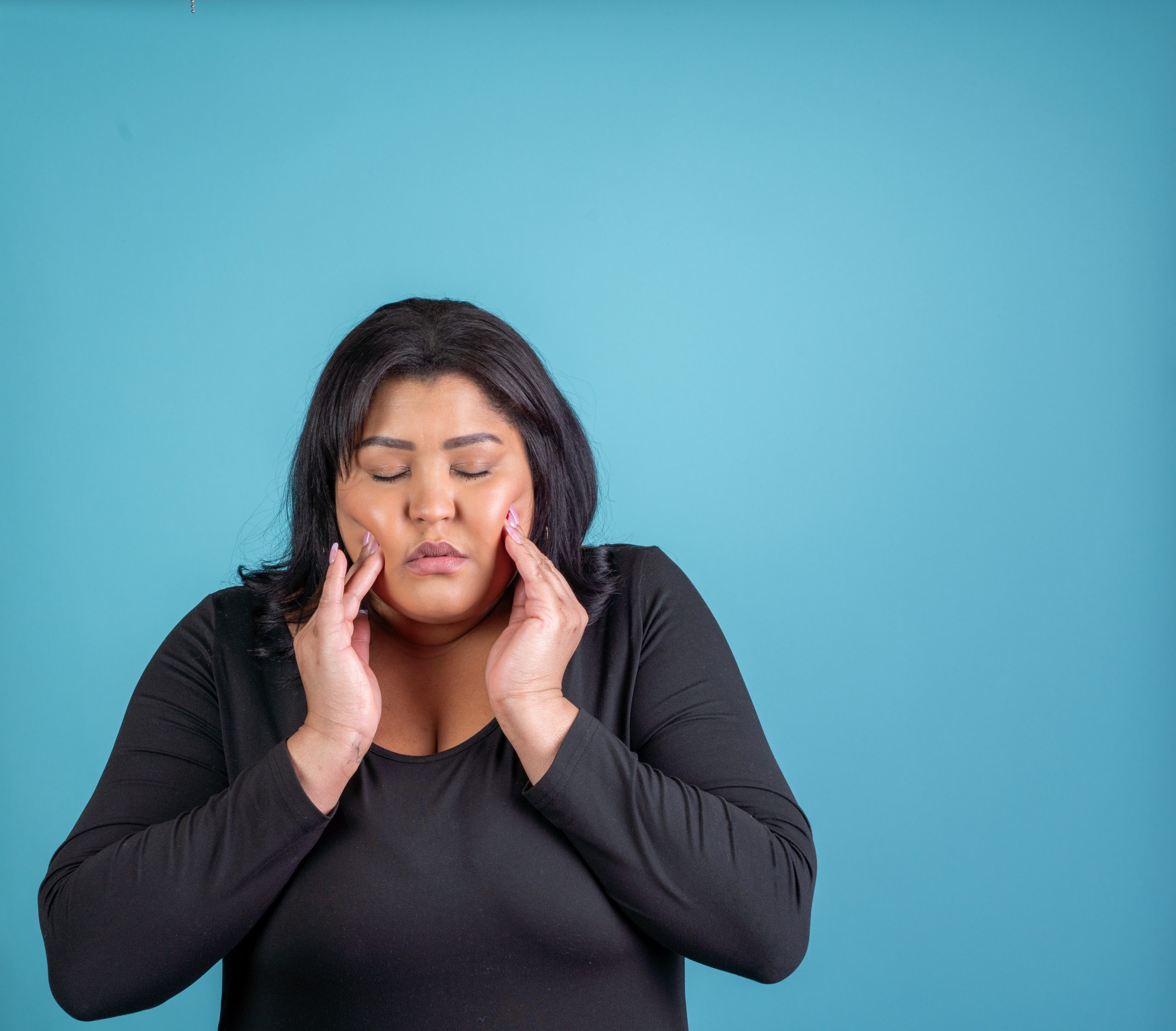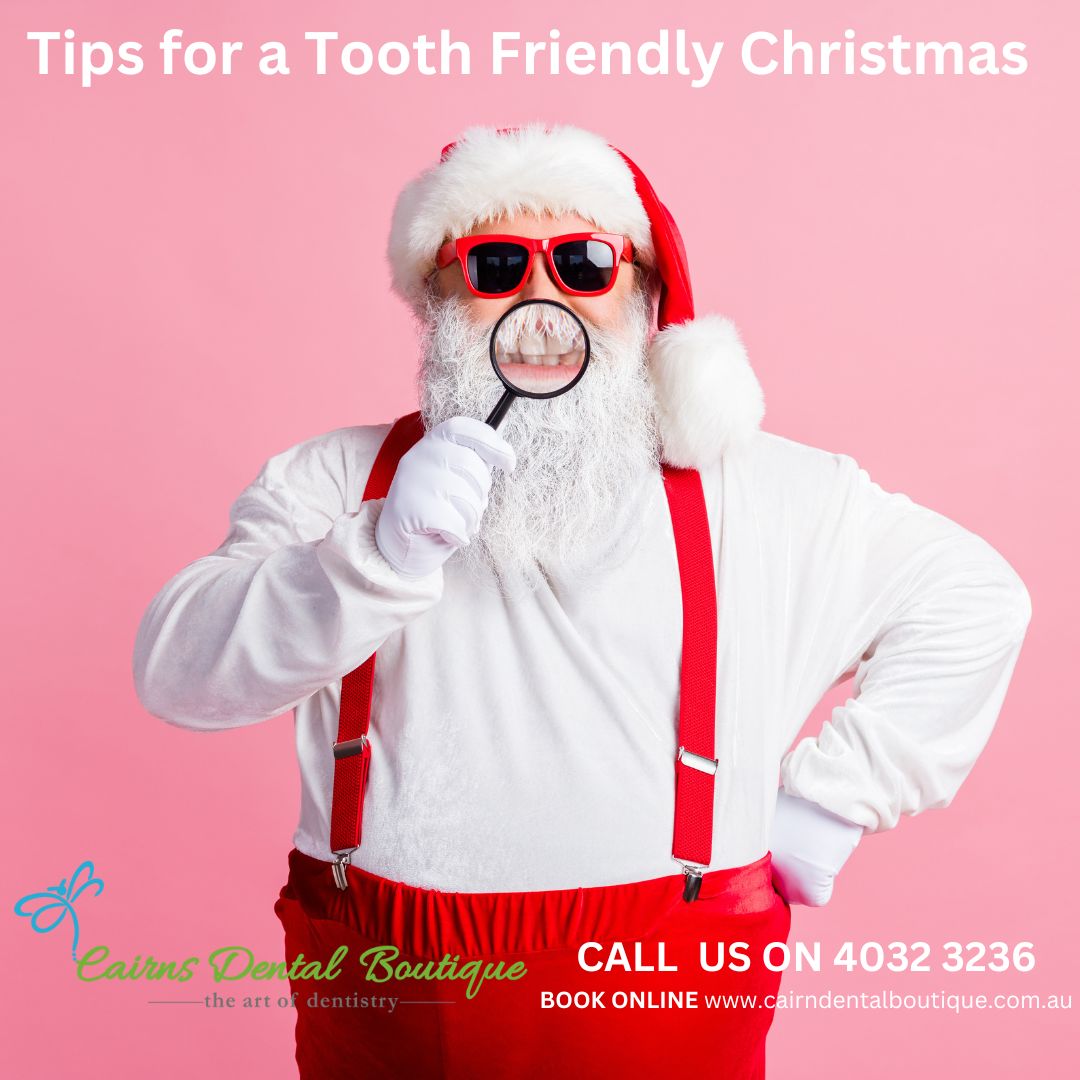Your Cairns Dentist Explains
Tooth sensitivity can range from a mild twinge of discomfort to a sharp, intense pain when your teeth encounter hot, cold, or sweet stimuli. It’s a common problem, but it’s not something you should simply “put up with.” At Cairns Dental Boutique, we believe in addressing the root cause of your sensitivity to provide lasting relief and protect your smile.
Many people dismiss sensitivity as a minor inconvenience, but it’s often a sign of an underlying issue that needs attention. Unlike a constant toothache, sensitivity can come and go quickly, which might lead people to ignore it. However, this approach can be risky, as the problem can worsen over time, leading to more serious dental complications.
If you’re experiencing tooth sensitivity, we strongly recommend having your teeth checked by one of our caring Cairns dentists. Identifying the cause is crucial for effective treatment and preventing further damage.
Common Causes of Tooth Sensitivity
Let’s explore some of the common culprits behind sensitive teeth:
Cracked or Chipped Teeth
Sensitivity often indicates a problem with your tooth enamel, the protective outer layer of your teeth. Damage to the enamel allows sensations to reach the porous dentin and the nerves within the tooth, triggering pain.
While a broken tooth usually prompts a visit to the dentist for a filling or crown, cracks or small chips can be easily overlooked. Even minor damage can expose the sensitive inner tooth, leading to sensitivity. If left untreated, bacteria can enter the dentin, increasing the risk of cavities, toothache, and even root canal infections. So, even seemingly small chips or cracks should be examined by your dentist.
Worn Tooth Enamel (Enamel Erosion)
Enamel erosion, the gradual wearing away of the tooth’s outer layer, can be a silent cause of sensitivity. You might not even notice it until you start experiencing discomfort.
Enamel erosion can occur due to:
- Aggressive Brushing: Brushing your teeth too hard doesn’t make them whiter; it can actually damage your enamel. Gentle, regular brushing is sufficient.
- Acidic Foods and Drinks: While citrus fruits can contribute to erosion, the biggest culprit these days is often the consumption of soft drinks, sports drinks, and energy drinks. These drinks are often high in both sugar and acid, which gradually wears down the enamel. Using a straw can help minimize contact with your teeth, but reducing or eliminating these drinks is the best solution.
Receding Gums
As we age, our gums may naturally recede, exposing the root surface of the tooth, which is more susceptible to sensitivity. Gum disease can also cause gum recession. Gum disease is often preventable, so discuss your gum health with our skilled dental hygienist in Cairns.
Temporary Sensitivity After Teeth Whitening
It’s worth noting that some patients experience temporary sensitivity after a teeth whitening procedure. This is usually mild and temporary, and can often be managed with over-the-counter pain relievers.
Tooth Sensitivity Treatments
There are toothpastes designed to help reduce sensitivity. However, if there’s underlying damage, restorative dental treatments are often the most effective solution.
- Fillings and Crowns: These can be used to repair broken or damaged teeth.
- Porcelain Veneers: For enamel erosion, veneers can restore the protective front surface of the tooth.
Don’t Ignore Your Sensitivity
If you’re experiencing any tooth sensitivity in Cairns, don’t ignore it. It’s essential to get it checked by a dentist. At Cairns Dental Boutique, we’re here to help you find relief and protect your smile.
Get in touch today!
Don’t let tooth sensitivity affect your daily life. Contact Cairns Dental Boutique today to schedule an appointment and get your teeth checked. Your comfort and oral health are our priority!


